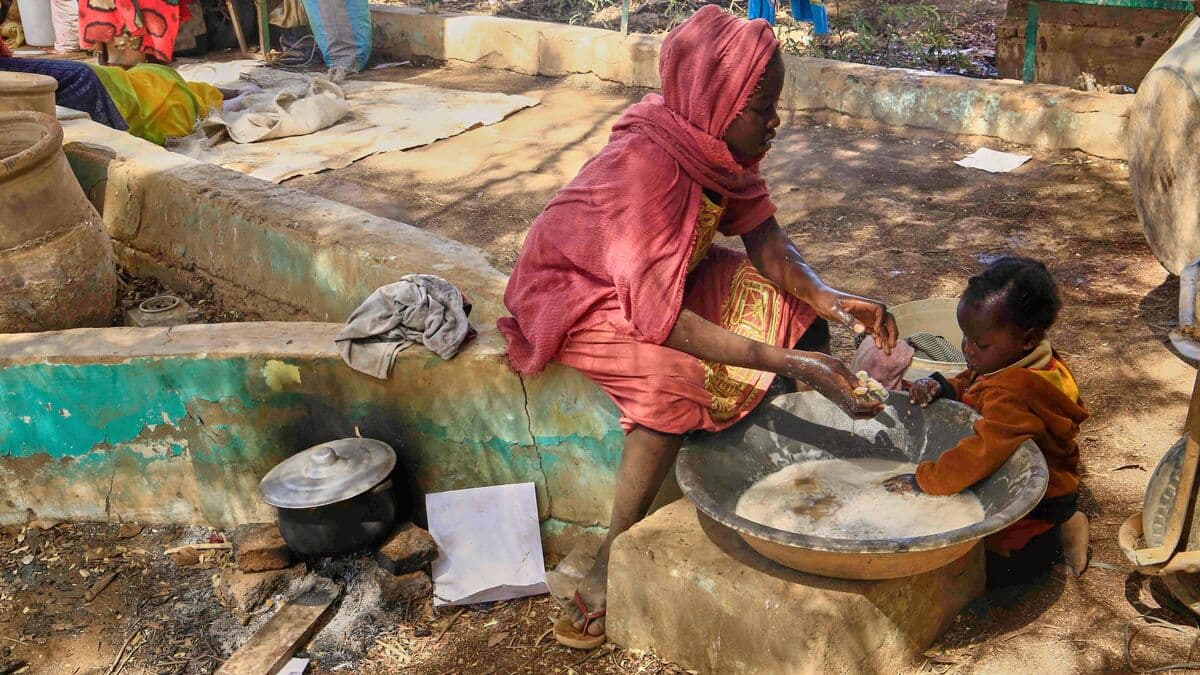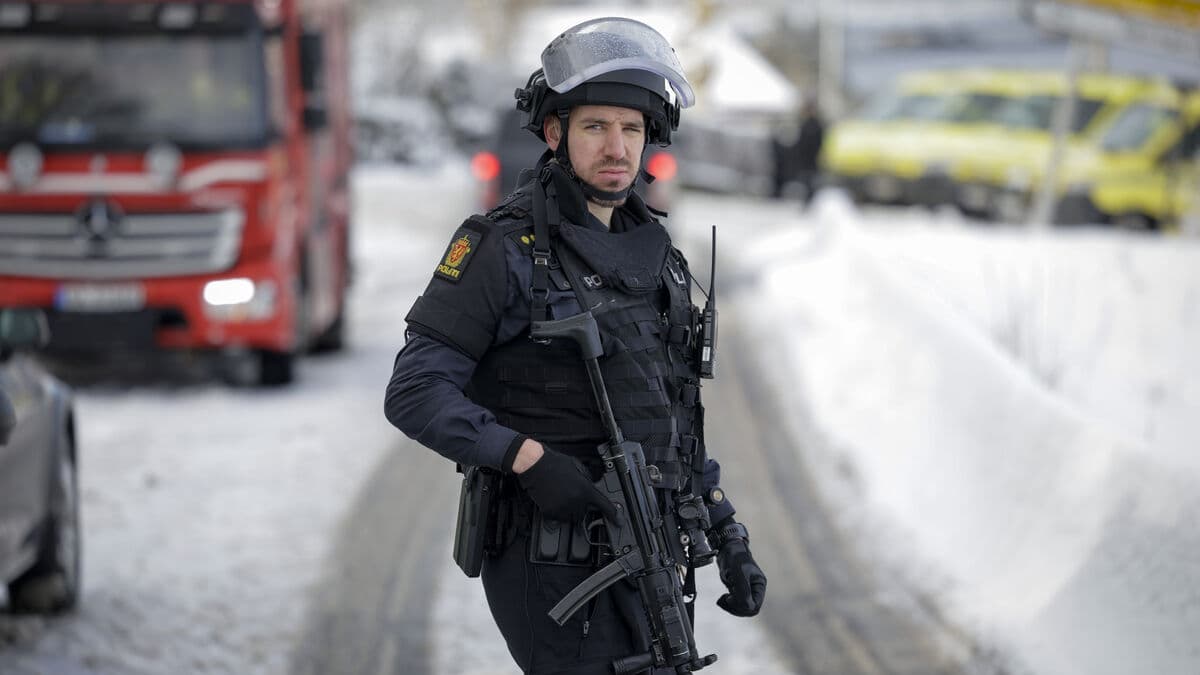Ugochi Daniels, who is the deputy director general of the UN agency IOM, stated on Friday that the number of inhabitants in al-Fashir (El-Fasher) in the Darfur region has decreased by 60 percent this year. She also said that the internal refugee crisis is an acute threat to Sudan, which is affected by civil war.
The civil war between the paramilitary Rapid Support Forces (RSF) and Sudan's army has led to at least 40,000 people having died, according to officially confirmed calculations from WHO, but the death toll is feared to be clearly higher.
The development in Sudan is also believed to have led to the worst refugee crisis globally for the time being.
Mass exodus from the war
About twelve million inhabitants have fled their homes, and 24 million have direct problems with food shortages.
The city of al-Fashir is one of the Sudanese military's last strongholds in the Darfur region, but RSF has been besieging the city for a longer period and is reported to have intensified the attacks recently.
The siege means that those who remain in al-Fashir no longer receive supplies from outside and aid organizations can no longer deliver provisions.
Additionally, diseases such as cholera, dengue fever, and malaria have increased spread in vulnerable areas.
Roasting hides
Northern Darfur is the center of the crisis here in Sudan, and we must achieve peace to reach the most vulnerable places, said Daniels.
A group that collects testimonies and experiences from al-Fashir testifies to the seriousness of the situation:
”The inhabitants of al-Fashir are eating cow hides to survive,” the group writes in a statement to the news agency AFP, and notes that the availability of cattle is almost non-existent and that animal feed is completely finished.
I and my neighbors roasted a cowhide when we had not eaten for three days. But it was also difficult to get firewood for the fire, said al-Fashir resident Abdulla to AFP.






